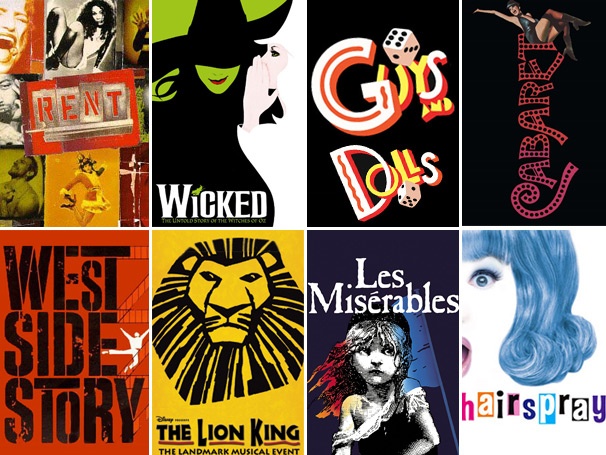Some people might think musicals are the modern counterpart of operas, but there are differences between the two performances. First of all, opera singers take on a role depending on his or her vocal range. For instance, mezzo-sopranos cannot sing the Queen of the Night aria in the Magic Flute, which only a few sopranos are capable of. Mezzo-sopranos typically play secondary roles in operas; On the other hand, musical ability does not play a pivotal role for choosing singers in a musical because vocal range is not as crucial a factor as in operas, so a mezzo-soprano could easily play a main role in a musical. Also other features make contributions to the show’s commercial success such as effective marketing and promotion. Secondly, major operas were created historically in such languages as Italian, German, and French, whereas hit musicals were produced predominantly in English on Broadway and at the West End. Theaters might offer a translated opera, but most audience prefer its original language, and thus people tend to study or know the background prior to viewing so that they can better appreciate the opera. Last but not least, fat women and heavy men in formal attire appear on the opera stage and show solemn facial expressions and dramatic hand gestures. Also it is not acceptable for audience members to wear jeans to an opera; However, musical singers, who are mostly slender, wear more showy and flashy costume and flamboyantly dance either in solo or in a group. I cannot imagine the late Pavarotti singing and dancing in Hairspray. Also the dress code at a musical is more relaxed for the general audience.

No comments:
Post a Comment